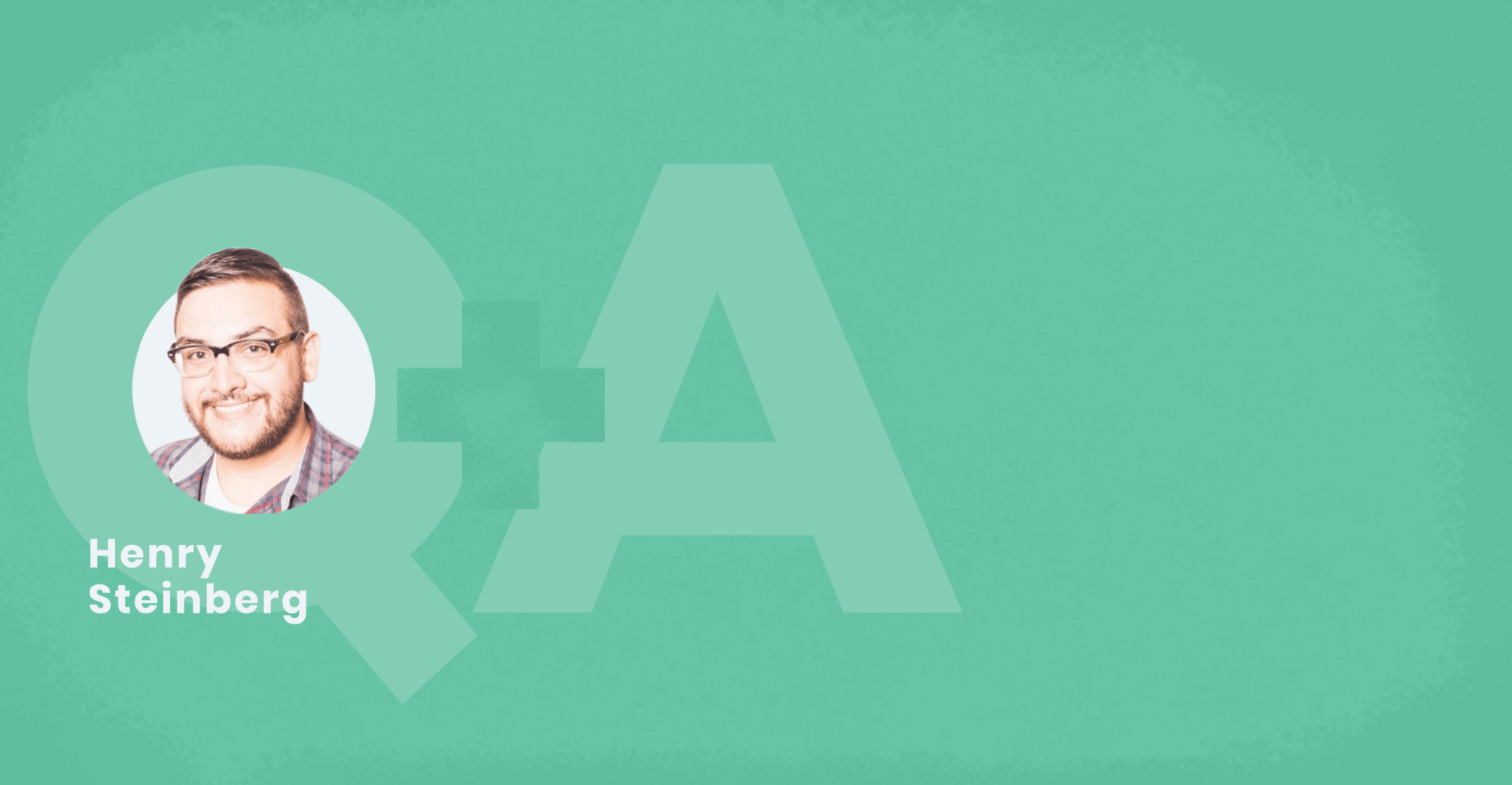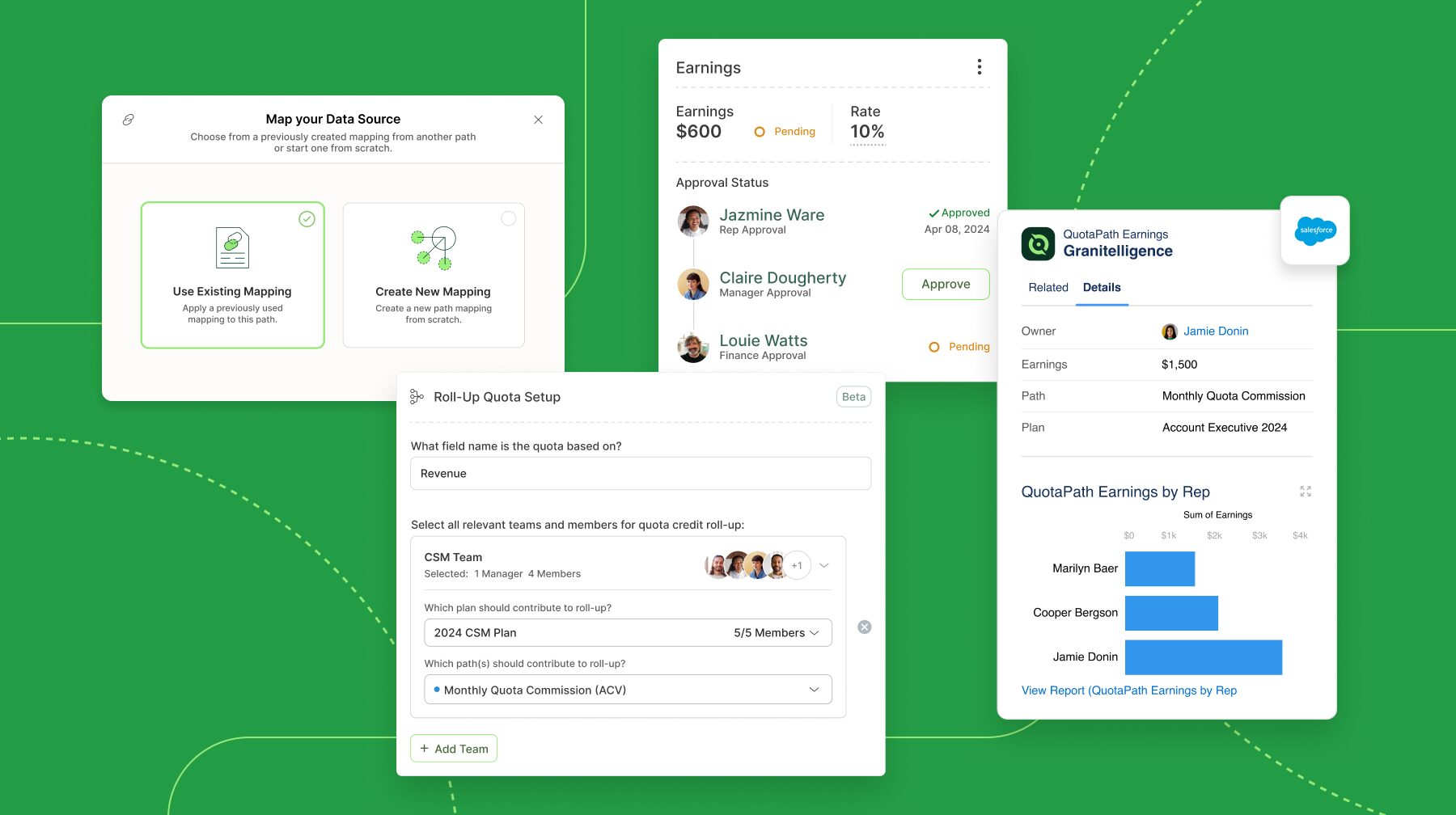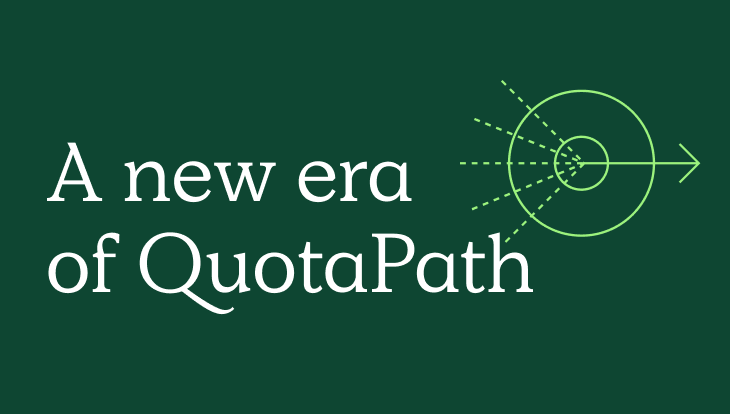For the past year, we’ve been heads down collaborating, building, testing, shipping, iterating, and passionately working hard to make the QuotaPath app accessible to the world. Through each push to production, our team improves communication, gets tighter on process, and ultimately learns how to work together more succinctly.
Currently, the QuotaPath team is composed of about 80% Product and Engineering and Henry’s contributions lie not only on the engineering team but as a cultural and community advocate. Here we share his story on how he made his way into technology, his love for frontend development, advice he has for those starting their career, and ultimately how he landed at QuotaPath.
We aim to highlight his work and contributions because, at the end of the day, our team is what makes us so great!
Tell me about your journey that lead you to QuotaPath.
I’ve always been super interested in technology. I was that kid who wanted to make video games and poke around in robots. I wasn’t always the best at that type of engineering thinking but always had an interest and talent for design, for the artistic side of things. As I delved deeper into my passion, I realized that mastering the art of design wasn’t just about creating visually appealing interfaces; it was also about understanding the user experience, a crucial aspect when aiming to make a video game that truly resonates with players.
In college, I went totally in the other way. I thought math and science weren’t for me, so I studied poetry and art history and then later got really into graphic design and typography, specifically through printmaking and bookbinding. This got me thinking a lot about how pages are structured and how information flows. That eventually lead me back to tech and the web, specifically front-end work and interfaces. Thinking about the ways in which we interact with technology physically and translating that to the digital space. I’ve turned a corner entirely and realized that these things I thought were not for me, actually really are. They are really interesting and cool.
When I was introduced to QuotaPath I saw a company that is very thoughtful about how the app is used and presented and that was really exciting to me. So being able to take my skills, interest, and passion for layout and information architecture and bring that with me to the QuotaPath experience is really sweet and synergizes well with how the company thinks about the product.
What was your interview process like?
It was really great. It was a lot of interviews in a row but I really liked that. I feel like I got to know everyone and to borrow a coworker’s phrase, when she came on she, “felt like [she] didn’t have to worry about fully being [herself] once she came into the office.” It didn’t feel overly rigorous but I think that speaks to the quality of the people giving those interviews because they were rigorous but it felt very natural and welcoming.
The code challenge was engaging and stimulating and gave me an opportunity to look at new technology I wasn’t familiar with and solve a cool problem with it. And, in general, I felt like I knew what I was getting into and was being prepared really thoughtfully coming into it.
If I had to boil it down to one word it would be thoughtful.
What’s your favorite part about the culture at QuotaPath?
The people. Everyone comes from such diverse backgrounds! I really love the work that we do but on the culture end, I love the conversations we have about whatever books we are reading, what we cooked this weekend, what movies we want to see, or some weird philosophical debate about Norwegian trains. It’s a lot of people who care a ton about doing the work and also care a lot about each other. We hold each other accountable for treating each other well in the workplace.
I feel really cared for which is not something I’ve felt at all of my jobs. It’s not necessarily a family or a friend club, it’s a place where everyone values and respects one another.
Explain your role at QuotaPath. How does your skill set fit onto the engineering team?
I’m a front-end engineer, so that means I work a lot on the UI of the application and dealing with how the app looks and feels. I’m a bit of a nut for micro-interactions and animations. I really enjoy bringing things that might otherwise feel static to life in delightful ways.
In terms of skill set, I have a lot of experience implementing delightful interfaces in a design-forward environment. Because of that, I have a lot of experience communicating with designers and stakeholders to translate that into the application’s UI.
Also, I’m a big CSS nerd. I have a lot of knowledge stored in my head and I’m happy to answer any and all questions about that.
What’s the communication style on the engineering team?
Really clear, collaborative, and straightforward. Everyone is able to articulate what they are working on and how they are working on it. People ask for help when they need it and offer help freely.
What excites you most about the work QuotaPath is doing?
Coming from an agency background I used to work on a lot of things that weren’t necessarily meant to be useful but were meant to be beautiful. And what’s super exciting about QuotaPath, is that I’m working on something that is both useful and beautiful, and part of that beauty comes from the utility. So working on this application that needs to serve the user in an empathetic and thoughtful way has been really cool and exciting.
For example, a big part of our apps design methodology is to consider it a mobile-first experience. Most people access the web and web-apps on a mobile device of some kind. We’re thinking of how a salesperson might need to close a deal or create a comp plan on their phone on the go. We are thinking about the realities of how our application is going to be used and trying to respond to that, and thinking about it in a responsive-first way.
To dive into responsive design a bit more, can you explain what it is and how we think about it?
Responsive design is all about designing an experience that isn’t set in stone in terms of the screen as a fluid, responsive canvas. Instead of saying this text-box will be 200px wide you’re saying that it’s going to be 20% of the window. It allows you to create applications and websites that work no matter what kind of device you might be using.
Responsive design is about anticipating the needs of the user. Oftentimes, folks think of websites like there’s this dichotomy – mobile versus desktop – but really it’s not so device-oriented. We should be creating something that works at any set of sizes or screen widths. Our Head of Design Ralph is really passionate and thoughtful about integrating responsive design into the foundation of QuotaPath. It’s exciting to be a part of a team that cares about doing this right the first time as opposed to “just making it work” later.
If you could give advice to anyone who is looking to grow their career as a software engineer, what would it be?
It’s hard not to just fall back on platitudes but I would say, if you think that coding or computers are “not for you” or “your brain doesn’t work that way,” that’s probably not as true as you might think. There are probably better, different, and more diverse ways to approach how to code. Maybe the technology you’re trying to learn isn’t the right one for you. Maybe you’re more of a backend person than frontend person or vice versa. Maybe you don’t have design skills but that doesn’t matter because you like to think about data in an interesting way. Maybe you’re not good at data, but you’re really good with HTML and CSS.
Another thing that I can say is don’t be too focused on how overwhelmed you are by the amount of stuff to learn. It’s going to be overwhelming because there is too much to learn. Learn the basics, learn them really well and learn to ask questions and be inquisitive and talk about it. Just being able to show up and contribute something is usually better than showing up and making a mess.
And learn through doing!



